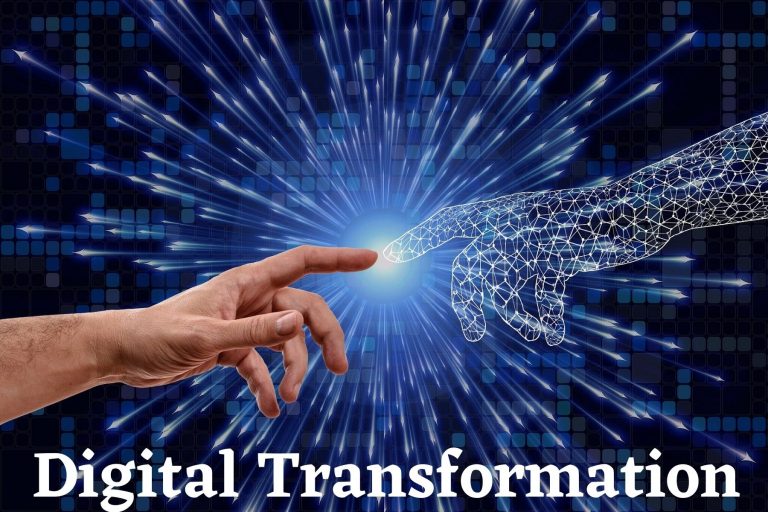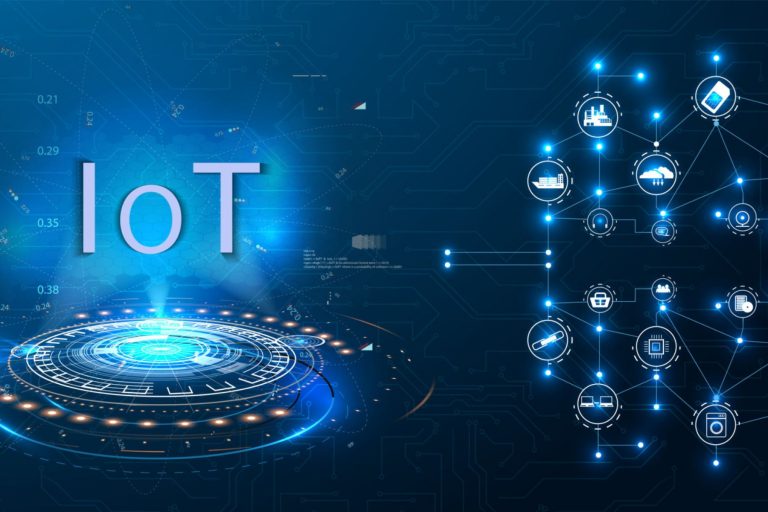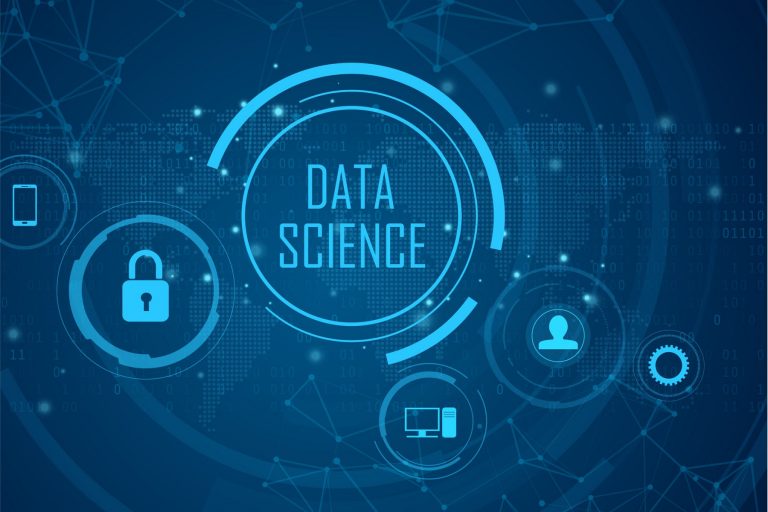Although some may regard technology solutions such as machine learning, analytics and big data to be overused buzzwords, it’s essential to note that these terms have brought about significant changes in the technologies that we are using today. These terms are not mere buzzwords anymore!
These technological advancements cover a wide range of day-to-day enterprise operations, from improving our interactions with information and different machines seamless to assisting businesses in better understanding their customers’ connections, habits, locations, and motives.
When it comes to recent breakthroughs in the industrial revolution, Artificial intelligence (AI) is a technology solution that has taken center stage.
Companies are already leveraging it to increase product quality, productivity, and cut operational costs, and it has resulted in collaborative interactions between humans and robots.
One prime example of Ai use case is the smart factory:
Hyper-connected production processes in smart factories rely on a variety of machines that communicate with one another, with AI automation systems collecting and analyzingdifferent types of data, including pictures, standardized codedinformation, and categorized fixed field text.
And now that we’ve entered a new decade, it’s no surprise that we may expect even more innovations in AI-driven processes for manufacturing companies that are willing to go the Industry 4.0 way.
What does Ai bring to the table?
Industry 4.0 shows great promise to be a significant economic driver, with estimates ranging from $500 billion to $1.5 trillion in valueadded to the global economy by 2022.
While many businesses have begun to employ AI to improve their productivity, there are still vast amounts of data that have yet to be digitized or arranged in a way that AI can understand.
Manufacturing warehouses, for example, rely heavily on unstructured data in their day-to-day operations, such as handwritten documentation and inventory checklists.
Intelligent automation solutions based on Ai and fractal science will play a key role in redefining and transforming modern manufacturing practices.
Manufacturers will be able to reduce production downtime with these advancements, while also improving the overall operating efficiency of their manufacturing lines.
How Can Artificial Intelligence Improve Industry 4.0?
1. Computer Vision – Intelligent Vision for the Future
Computer vision is a special branch of computer science that focuses on facilitating computers to detect and interpret objects in photos and videos in the same manner that people do.
Computer vision is regarded as a fascinating branch of Ai that is increasingly gaining prominence across a myriad of industries.
The amount of data created today, which is subsequently utilized to train and improve computer vision, is one of the key components (drivers) behind the field’s progress.
AI has made significant strides in recent years, surpassing humans in several tasks related to object detection and classification, thanks to breakthroughs in Ai, innovations in deep learning and artificial neural networks.
2. Smart Factories – Optimized Manufacturing Processes
Smart factories that are applying Industry 4.0 are leveraging Ai in their production processes due to its ability to identify and process enormous amounts of data with ease.
Manufacturers who have completed a digital transition and are able to manage and use their data sets effectively are using Ai/ML to:
- Boost quality control
- Improve standardization
- Enhance maintenance by creating predictive evaluations of equipment operation
- Optimize factory lines.
While the advantages of AI in manufacturing processes are numerous, it’s crucial to note that manufacturing plants should put an AI development strategy in place and also get a deep understanding of which automation platform can they use.
3. Predictive Maintenance – Minimizing Downtimes
When it comes to predictive maintenance, various types of information are collected in real-time to track the condition of the equipment.
The idea is to uncover trends that can assist in the forecast and potentially prevent failures. AI systems are increasingly being leveraged to attain this goal with the help of innovative learning algorithms.
With the help of Ai and automated predictive maintenance, Manufacturing plants can become more strategic when it comes to:
- Analyzing the state of equipment and
- Anticipating when maintenance should be conducted.
Indeed, using ML-based solutions can result in increased system availability, significant cost savings and better predictability leading to reduced downtimes and improved productivity.
4. Cyber-physical Systems –A New Manufacturing Environment!
Cyber-physical systems (CPS) integrate software into the physical world which is then leveraged in a variety of applications including smart grids, smart manufacturing and even robots!
New advancements in Internet-based technologies and applications have allowed industries to use the cyber workplace to conduct efficient and successful everyday collaborations from any location in the world, resulting in a fully dispersed production environment.
These are a few ways through which Artificial Intelligence can improve Industry 4.0 strategies for various industries and companies.






